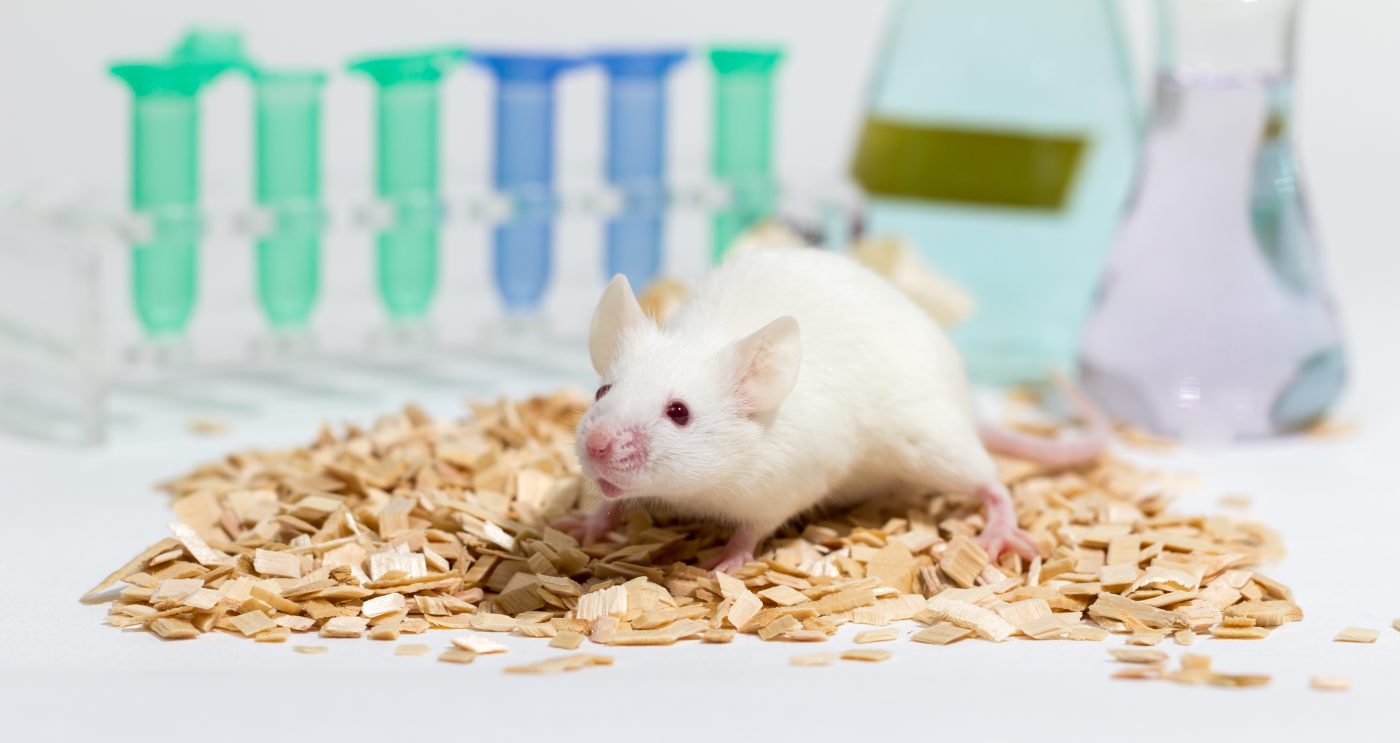Gossypol May Be Potential Treatment for Lung Fibrosis, Mouse Study Shows

Gossypol — a pharmacological inhibitor of the LDHA enzyme — shows promising results in the prevention and treatment of lung fibrosis, according to a study performed in a mouse model of idiopathic pulmonary fibrosis (IPF). The results point to LDHA as a potential therapeutic target for this disorder.
The study, “Prevention and treatment of bleomycin-induced pulmonary fibrosis with the lactate dehydrogenase inhibitor gossypol,” was published in the journal Plos One.
The differentiation of myofibroblasts — cells that produce collagen and fibronectin proteins, which are involved in scarring (fibrosis) — is crucial for the development and progression of fibrosis. So, targeting myofibroblast differentiation is a potential therapeutic strategy for lung fibrosis.
Previous studies have shown that the lactate dehydrogenase-A (LDHA) enzyme and its product, lactate, are present in high levels in the lung tissue of IPF patients. Lactate was found to induce fibrosis through the activation of transforming growth factor-beta (TGF-β1), which strongly induces myofibroblast differentiation.
The pharmacologic suppression of LDHA with gossypol — a small molecule derived from cottonseed oil — blocked TGF-β1-induced myofibroblast differentiation and collagen production in cells grown in the lab.
Now, researchers investigated whether gossypol treatment could suppress lung fibrosis in bleomycin-treated mice, a mouse model of human IPF.
Daily administration of gossypol to mice was initiated on the same day as bleomycin, which is a compound that induces lung fibrosis.
Gossypol treatment suppressed bleomycin-induced lung fibrosis, and reduced lung LDHA activity, lactate and collagen accumulation, as well as TGF-β1 activation, compared to untreated mice.
Gossypol also was an effective treatment when started seven days after giving the mice bleomycin, suggesting that LDHA suppression is a potential treatment for lung fibrosis, even when fibrosis is already present.
These findings support previous data pointing to the role of LDHA in TGF-β1-induced myofibroblast differentiation and the development of lung fibrosis.
Also, the block of LDHA activity may be a better strategy “to indirectly reduce TGF-β1 activation, as direct neutralization presents concerns with immune regulation and deficiencies in wound healing,” the researchers wrote.
Gossypol is being studied as a treatment for several types of cancer in clinical trials, but whether it will be an effective treatment in humans remains unclear. The research team believes that improved forms of LDHA inhibitors eventually may be developed and be effective therapeutic strategies in humans.







